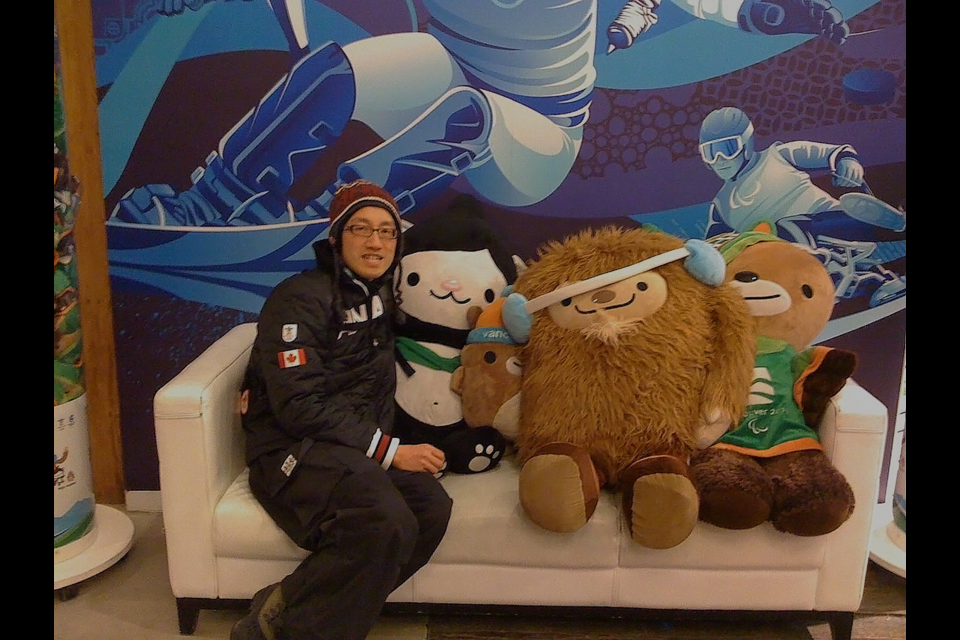A University of Calgary-based physician is offering his medical skills at the Beijing Winter Olympics. Dr. Victor Lun, MD, is a veteran Olympics volunteer, having previously served at the 2008 Beijing Summer Games and the 2010 Vancouver Winter Games.
“The highlight of attending both Games was walking with the athletes in the Parade of Nations during the opening ceremonies. The energy was amazing and created a tremendous feeling of excitement and patriotism," he said. Lun, who received his MD at UBC, is part of the Canadian Health and Science team at the Games.
On the field of play
There are three separate athletes’ villages at the Games: Beijing, Yanqing and Zhangjiakou. Lun is to provide medical care for the Canadian bobsleigh, skeleton and luge athletes who compete at the National Sliding Centre at the Yanquing village. This aligns perfectly with his experience as the team physician for Canada’s national long-track speedskating and UCalgary’s Dinos football teams.
A normal day-to-day for Lun includes attending any number of practice sessions and competitions where he can be put into action immediately in the case of an injury. However, he says, “We (physicians) really hope to be underutilized as much as possible.”
There’s no 'I' in team
Behind each athlete, there’s a massive team who all have significant roles: coaches, exercise physiologists, physicians, physiotherapists, massage therapists, sport psychologists, equipment technicians, and dietitians. In the Canadian system, this is called the Integrated Support Teams (IST).
During the four years leading up to each Olympics, the IST meets regularly to discuss optimization of athletes’ health and performance. “It’s a big take-home message that, behind every athlete, there’s a team of people that work together to support the athlete and get them where they want to be,” said Lun.
Lun says it’s more than just seeing who stands on the podium. “It’s always fun to win, but there are also losing moments. We’re trying to help athletes get to their maximum potential and it’s ultimately the teamwork and working with others that helps someone get to their best performance.”
COVID-19 adds complexity
The pandemic is adding an additional layer of complexity to the medical care of all high-performance Olympic athletes. In the competitive season leading up to the Olympics, athletes were required to submit daily health checks, wear masks while training and get weekly rapid testing.
Lun said, “For athletes who became infected with COVID, we have been carefully monitoring their recovery and following a graduated return to training protocol to ensure a safe return to competition.” Moreover, the Olympics operates as a “closed loop” to maintain a safe environment for participants.
The Beijing Winter Olympics continues to Feb. 20. Follow along with Lun's journey on his blog.
Events will be livestreamed on cbc.ca. Check out the CBC's events schedule and results.



.png;w=120;h=80;mode=crop)